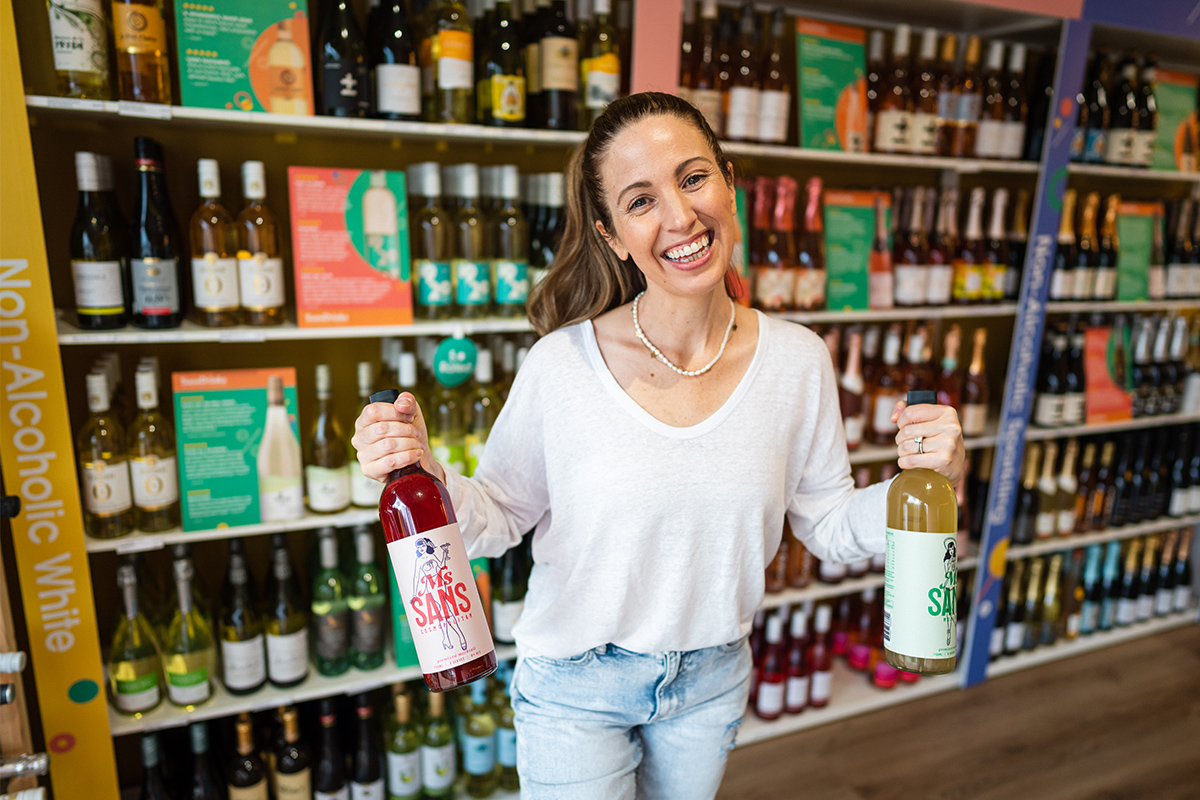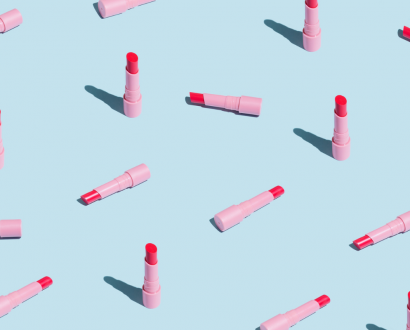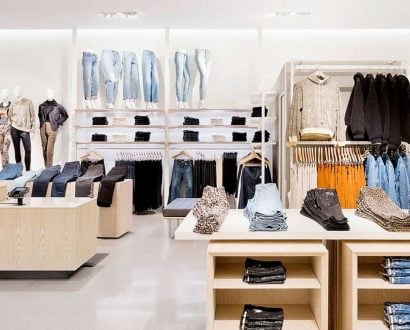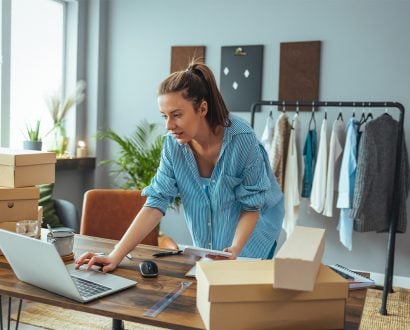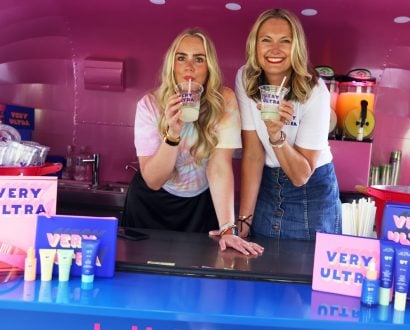Every avid consumer knows how frustrating and disheartening it can be when a product is out of reach and you’re forced to find a local substitute that doesn’t quite meet all your requirements.
Whether it’s a palm oil free shampoo you stumbled upon during your travels or a five-star rated eczema lotion that’s manufactured and sold overseas, there’s one woman whose startup journey began with asking these questions – eventually taking matters into her own hands.
Humble beginnings
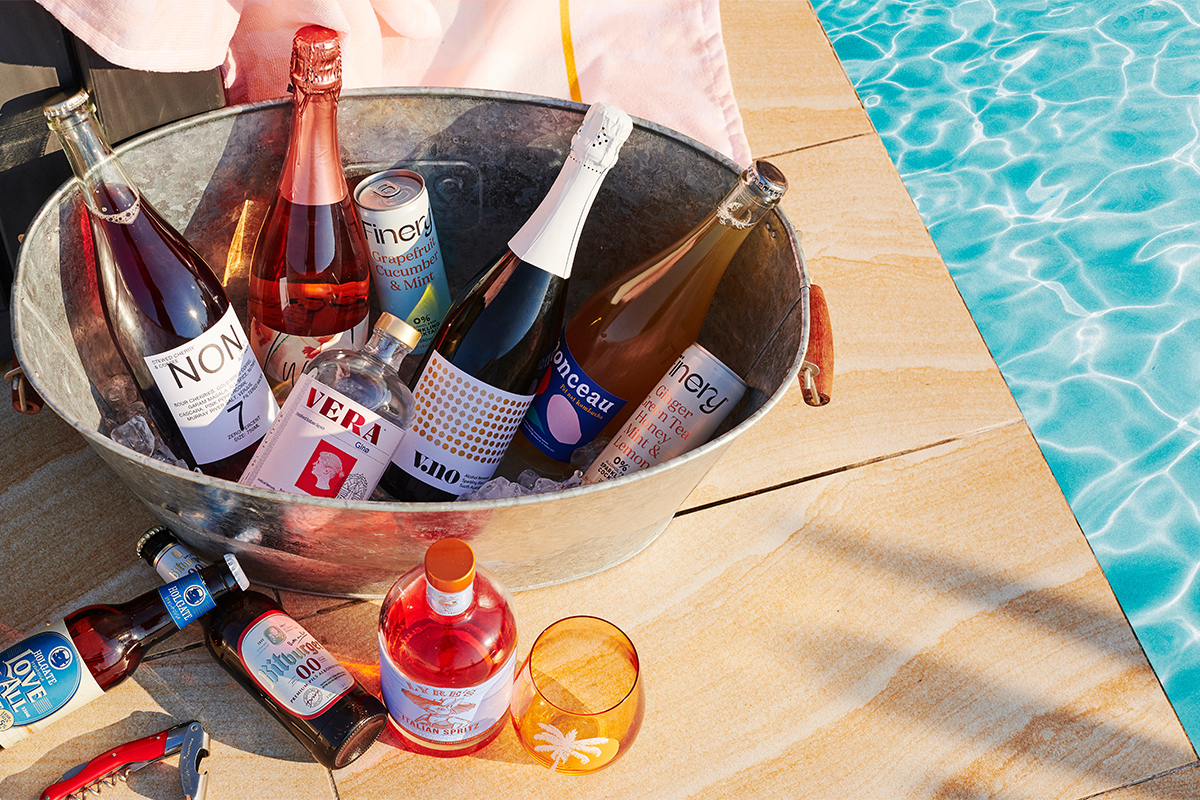
It was while Irene Falcone was working in the glamorous world of advertising at Universal Pictures that her path as an entrepreneur sprouted to life. At the time, she was heavily involved in releasing films and launching the nation’s first Facebook ads while undertaking volunteer work once a month with the National Toxics Network.
Through this experience Falcone became acutely aware of the alarming number of toxins she was exposed to every day as a corporate urban woman using an array of products.
“Originally Nourished Life was actually only a blog and it was called Living Toxin Free in the City,” she explains. “The blog really took off. There were a lot of women interested in that, in how to reduce the toxins that we were putting in the environment and in our bodies.”
The issue was that the knowledge Falcone was sharing with the public highlighted a gap in the market. If lip balms that are made from the by-product of producing petrol – petroleum jelly – aren’t the healthiest substance to be putting on your lips, then where were the alternatives?
As interest grew, Falcone decided it was time to take the next step – importing and selling products, beginning with Hurraw! lip balms sourced from a remote country town in the US.
“I imported them for A$1 [US$0.70] and I sold them for A$5 [US$3.50] or A$6 [US$4.20] each at the time,” she recalls. “I had them under my desk at Universal Pictures and I was just stamping them on my lunchbreak, sending them out to people on my blog that wanted to buy them.”
“I sell non-alcoholic products as a wellness product. I think that the industry has it wrong trying to sell non-alcoholic wine as an alcohol product.” – Irene Falcone
By this stage, it was clear that Falcone would either have to quit her job or her new passion – she chose the former and realised that she was a born entrepreneur.
“I sold my house, I sold my car and I bought more lip balms and natural hairspray, and off I went,” she says.
Keen to place healthier and organic alternatives in the hands of Australian consumers, Nourished Life became the leading destination for wellness enthusiasts.
“What Nourished Life did was determine what was natural and what wasn’t. I really did the hard work for you so you didn’t have to have a degree in science to understand the label,” Falcone affirms.
Four years into the business the self-funded mumpreneur managed to turn an informative blog into a A$20 million (US$14 million) platform featuring an impressive clean product offering all under one roof.
Instead of investors, she drew on the support of local mums, who worked during school hours in a warehouse-style operation.
“I was able to scale it very quickly because I was able to really fill a gap of what people needed,” she explains.
“But at the same time, social media was so easy that I only had to spend a dollar and I made A$20 [US$14] back, so it was very easy to make A$20 million [US$14 million] once I realised that.” Falcone did the maths and came to the conclusion that she needed to invest A$5 million (US$3.5 million) and it would turn into A$20 million (US$14 million).
Back to corporate life
Just as she had left behind the comfort and safety of her full-time role in advertising, Falcone made yet another life-changing decision – to hand Nourished Life over to BWX.
However, while Falcone now had A$20 million (US$14 million) in the bank, she found herself feeling like a fish out of water in her role as General Manager for the business she had built and managed herself.
“It was really interesting because I’ve just never been sadder in my life. And you would think having all this money would make you happy, wouldn’t you? But it didn’t,” she admits.
While Falcone was attending board meetings, the entrepreneur in her was struggling to acclimatise. “It didn’t last very long because I am an entrepreneur first and foremost. I wanted to be on my lunchbreak under my desk licking envelopes and responding to emails,” she says.
She felt she needed to be back in the water again, swimming in the uncertain waters of bringing yet another disruptive business to life – this time with considerably more cash to get it off the ground.
“I could have bought a yacht and sailed around the French Riviera with all the money I made from selling Nourished Life. But I decided to take it all and throw myself back into the struggle and stress of entrepreneurship,” Falcone reflects.
A new disruptive business
Although turning to wine and gin for moral support during this time was not the most nourishing decision, it sparked a revolutionary idea.
After walking into a bottle shop one day, Falcone requested a non-alcoholic beverage and was met with a similar reaction she received in 2012 when she was searching for a natural deodorant at a local Priceline store.
She began to consider if “there’s a market there for people who don’t need to go into that bottle shop and feel embarrassed to drink beer, wine and spirits without the alcohol.”
Trialling as many non-alcoholic beverages as she could, Falcone realised that the industry was underdeveloped and that it would also be a lot more difficult to market and sell a placebo effect to customers.
“Unfortunately I was only making A$3 [US$2] for every dollar because Facebook’s changed and it’s three times more expensive,” she shares.
Nevertheless in 2020, in the midst of the pandemic, Sans Drinks was born. When Falcone’s first customer’s order broke in transit, she could have felt frustrated and full of regret, having been accustomed to dealing with a thousand orders a day at Nourished Life.
Instead, she was happy to be in her business-to-consumer element – navigating customer complaints and resolving issues with her Porsche parked in a back street in keeping with the struggling entrepreneur image.
A rebel at heart
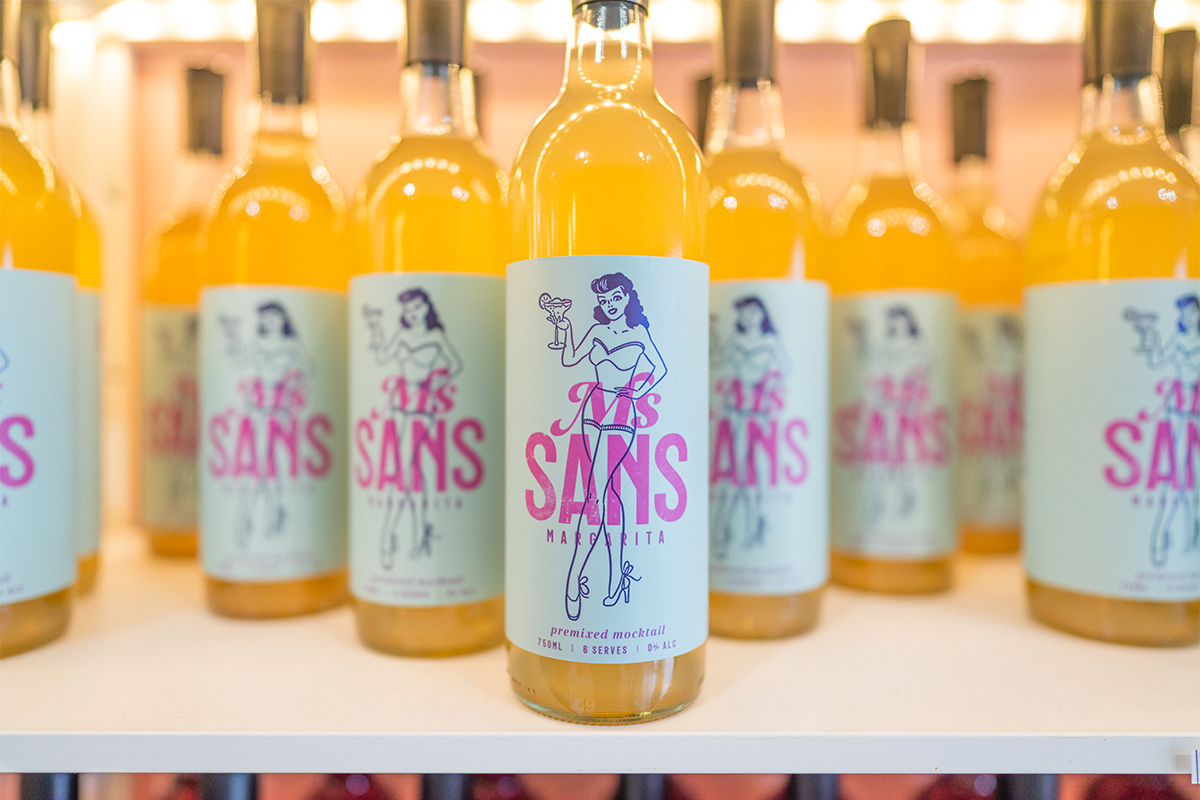
Now a seasoned entrepreneur, Falcone’s decisions are informed by the unlived experiences, mistakes and challenges she’d encountered with her multimillion-dollar empire.
“At Nourished Life, I wanted to open up stores as well, but I didn’t because I was too scared and everyone said, ‘Bricks and mortar is bad.’ If I had my time again, I never would have sold Nourished Life. I would have franchised it,” she affirms.
Rather than open a non-alcoholic bar, Falcone settled on a retail store on Sydney’s Northern Beaches, directly opposite Vintage Cellars – a decision that turned out to be a blessing in disguise. “I wished it was Dan Murphy’s across the road, but I took what I could get.”
“It helped drive traffic to their store and it helped drive more traffic to my store because what I found, while I set out to be disruptive, was we became a destination for drinking.”
When couples arrive, the man typically enters Vintage Cellars while his partner walks into Sans Drinks – females over the age of 30 are Falcone’s main demographic.
“If I had my time again, I never would have sold Nourished Life. I would have franchised it.” – Irene Falcone
“I sell non-alcoholic products as a wellness product. I think that the industry has it wrong trying to sell non-alcoholic wine as an alcohol product,” she explains.
Surprisingly, she’s not necessarily targeting wellness gurus who are already sipping on kombucha every evening.
“Those people are happy with their kombucha. I’m targeting people who love to drink beer, wine and spirits,” she says. “People who want a break from alcohol, whether that be a night a week or a month at a time.”
In a similar vein to her former business, Falcone has positioned herself as a leader in the non-alcoholics sector with a dizzying collection of products to choose from to suit every need, including her own range, Ms Sans.
Just as she could spot the potential of Nourished Life, Falcone admits that she’s got a knack for choosing the right products, which is a worthwhile skill to have given the way the market is booming at this time.
“I’m really good at knowing what product is going to fly and what isn’t. I also don’t do anything without asking my customers,” she admits.
Based on customer feedback, non-alcoholic beverages are set to become more accessible. “I am working with a wonderful company called The Franchise Institute. And by the time we go into dry July, you will be able to buy a Sans Drinks franchise,” Falcone reveals.
The point of difference, she explains, is that Sans Drinks isn’t merely another bottle store trying to win more customers with more options.
Falcone’s biggest lessons
Know your customers
From spending Christmas Day responding to customers to transporting non-alcoholic wines when the same-day delivery service doesn’t work, Falcone is always in sync with her customers and their needs.
“I spend 99.9 per cent of my time talking to customers either instore or on email, or on social media, understanding what they are looking for. The biggest mistake any CEO can make is let the customer service department talk to their customers,” she says.
Place more women in leadership positions
Based on her experiences with startups and major corporations, Falcone believes that women make excellent entrepreneurs and company leaders.
“Putting a female in your organisation in a position of authority is probably one of the best things any company can do. Men are very driven by numbers and results, I found, and women are very nurturing over those numbers and results.”
Fund yourself if you can
Falcone never involved investors in either of her businesses, and she has no regrets.
“I think an entrepreneur is someone who is self-funded and they don’t have a board to make decisions,” she says. “They’re making their own decisions with their own money and they’re deciding whether or not they’re going to sell a house, buy a house or mortgage their house to fund their business. They’re not making executive decisions with other people, they’re going with their gut.”
Read next: Why the sober industry will be worth US$1.44 trillion by 2025

